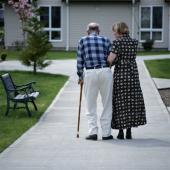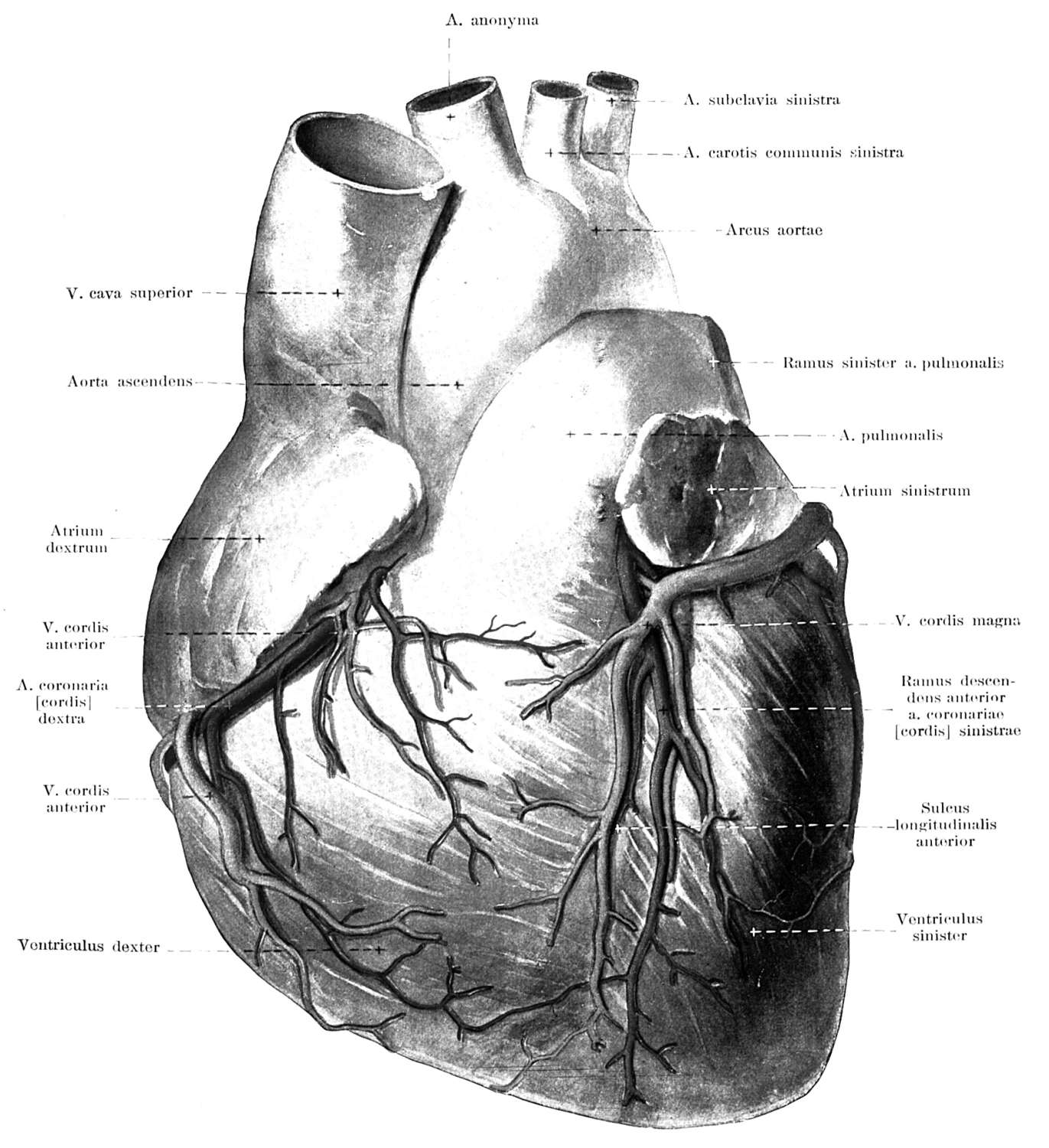
TUESDAY, June 8 (HealthDay News) — A new Canadian review finds that adult daughters suffer more than adult sons from poor relationships with ailing and aging parents who need their care.
“Adult daughters place greater emphasis on their relationships with their parents, and when those relationships go awry, it takes a worse toll on the adult daughters than the adult sons,” said review author Marina Bastawrous, a graduate student at the University of Toronto.
An estimated 44 million adults in the United States provide unpaid care to another adult. A 2004 study commissioned by the AARP and other organizations estimated that caregiving is more stressful on women, who make up more than six in 10 caregivers: 40 percent said caregiving stressed them at high levels, compared to just 26 percent of men.
In the new review, Bastawrous examined 42 studies that looked at the effects of caregiving on adult children who take care of their parents. More than half of the studies looked at daughters who served as caregivers.
The studies didn’t allow her to draw conclusions based on numbers, Bastawrous said, so she wasn’t able to provide a statistic about how much worse things are for female caregivers.
But, she said, it’s clear that “things tend to be different for females.”
Overall, the studies suggest that daughters suffer more than sons when they don’t get along with their ailing and elderly parents. The relationships rupture, she said, when there is less cooperation, less communication and more conflict.
“The quality of the caregiving relationship often is dependent on what the relationship was earlier in life,” said Barry Jacobs, a psychologist in Springfield, Pa., and a spokesman for the American Heart Association. “If you’ve had a bad relationship with them and felt victimized, then suddenly you’re asked to step up, that caregiving role may seem like a revictimization.”
Why do women get hit harder by strained relationships? “In terms of society’s norms, the responsibility to care for parents tends to fall on the women,” Bastawrous said. “It almost becomes ingrained as their responsibility. When they can’t meet those expectations, the toll is worse on them than on sons who aren’t expected to take on that role.”
Men, in contrast, may not see caring for parents as their primary concern, she said.
Jacobs said there’s another factor: Men who become caregivers hold on to their jobs longer than women, who are more likely to quit to take care of their parents. “Often the sons get off scot-free, and the daughters are resentful about how little their brothers are doing,” Jacobs said.
In the future, the findings can be used to guide programs that help caregivers, Bastawrous said. There could be more focus on poor parent-child relationships, she said, and how they can take a heavy toll on adult children.
“They maybe need more counseling that meets those needs,” she said.
Meanwhile, the U.S. population continues to get older, meaning that more children will be taking care of their parents.
The results were released Monday at the Canadian Stroke Congress in Quebec City.
More information
For more about caregiving, see the U.S. National Library of Medicine.

